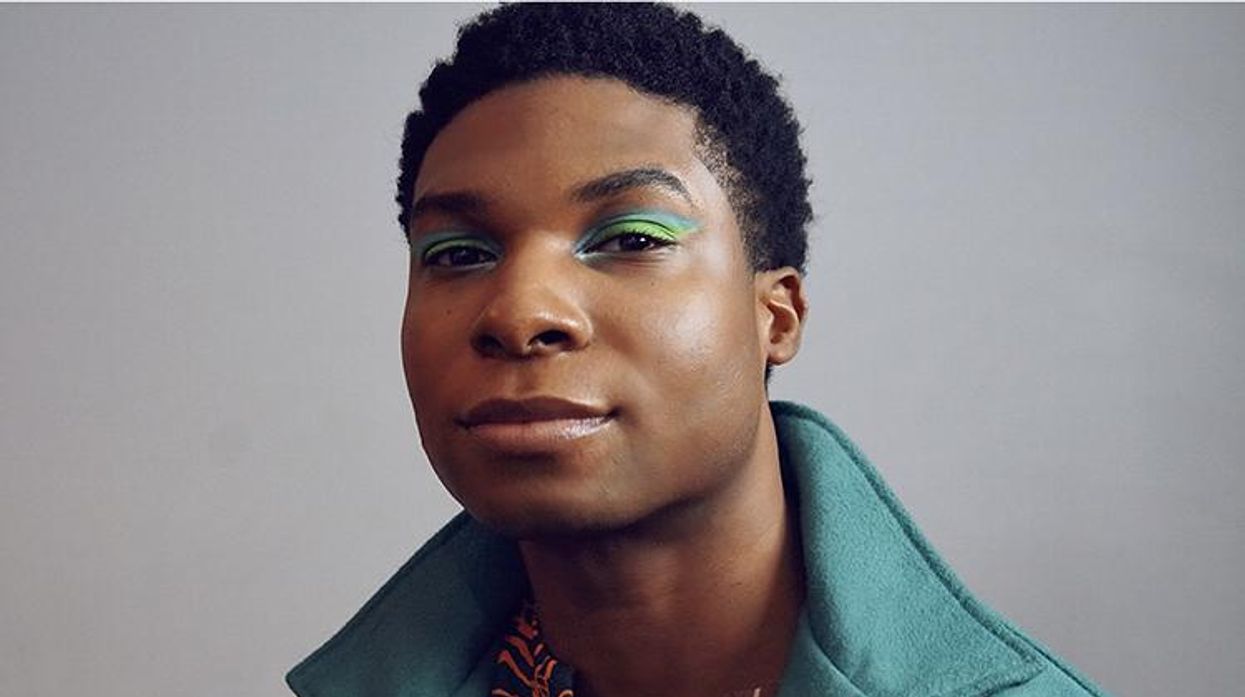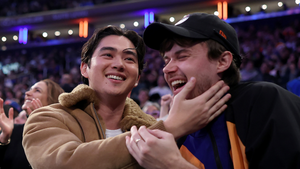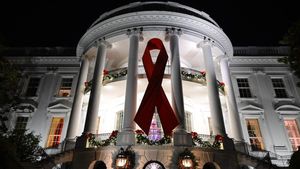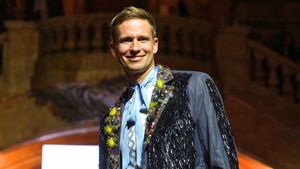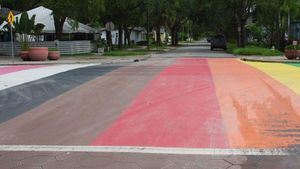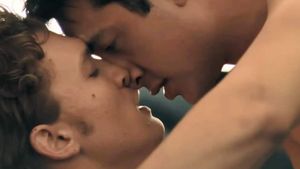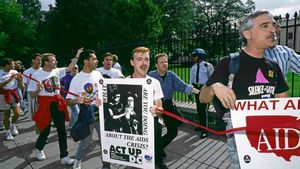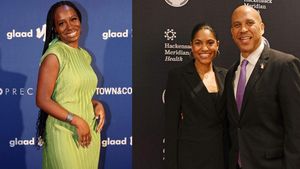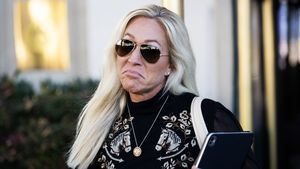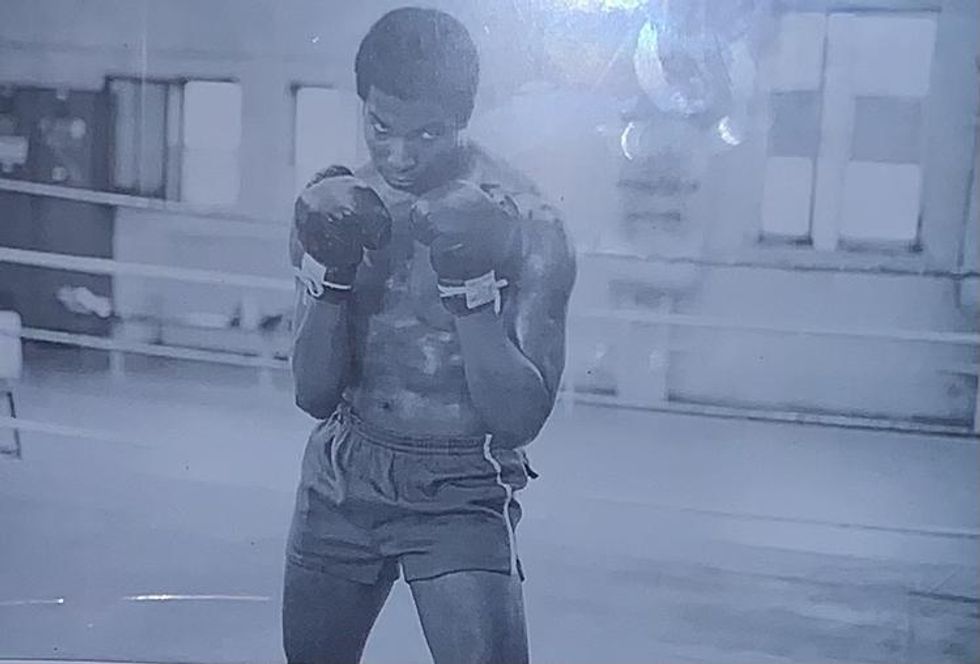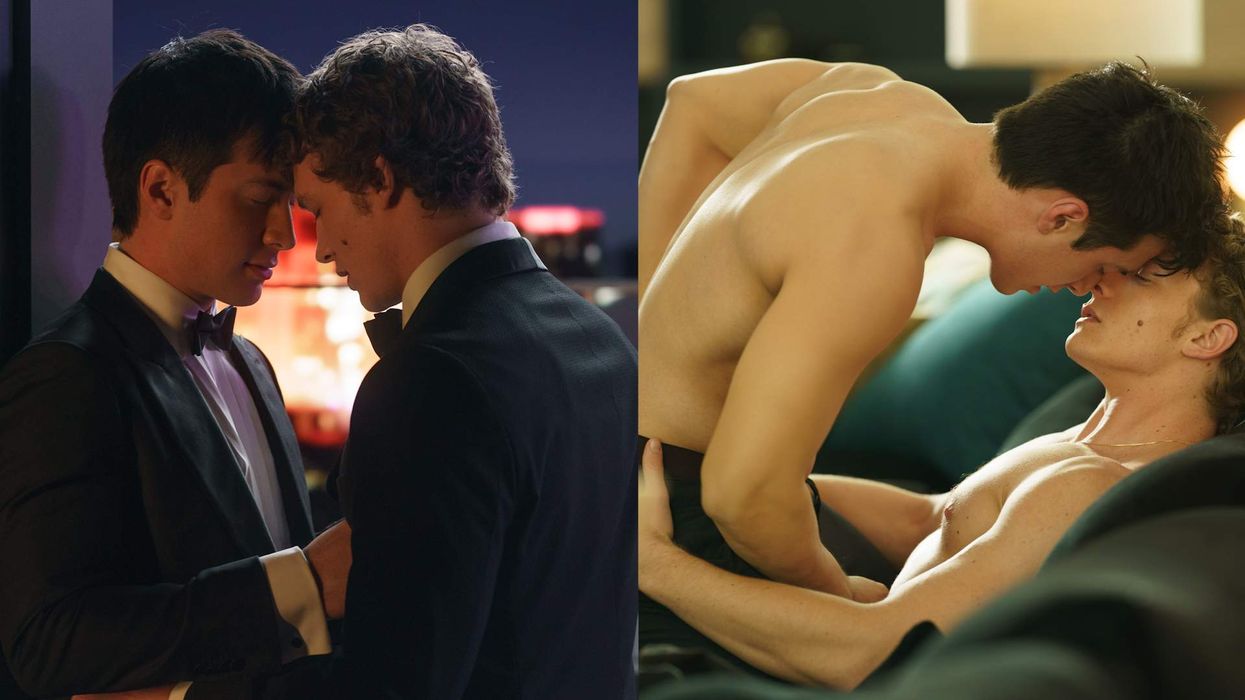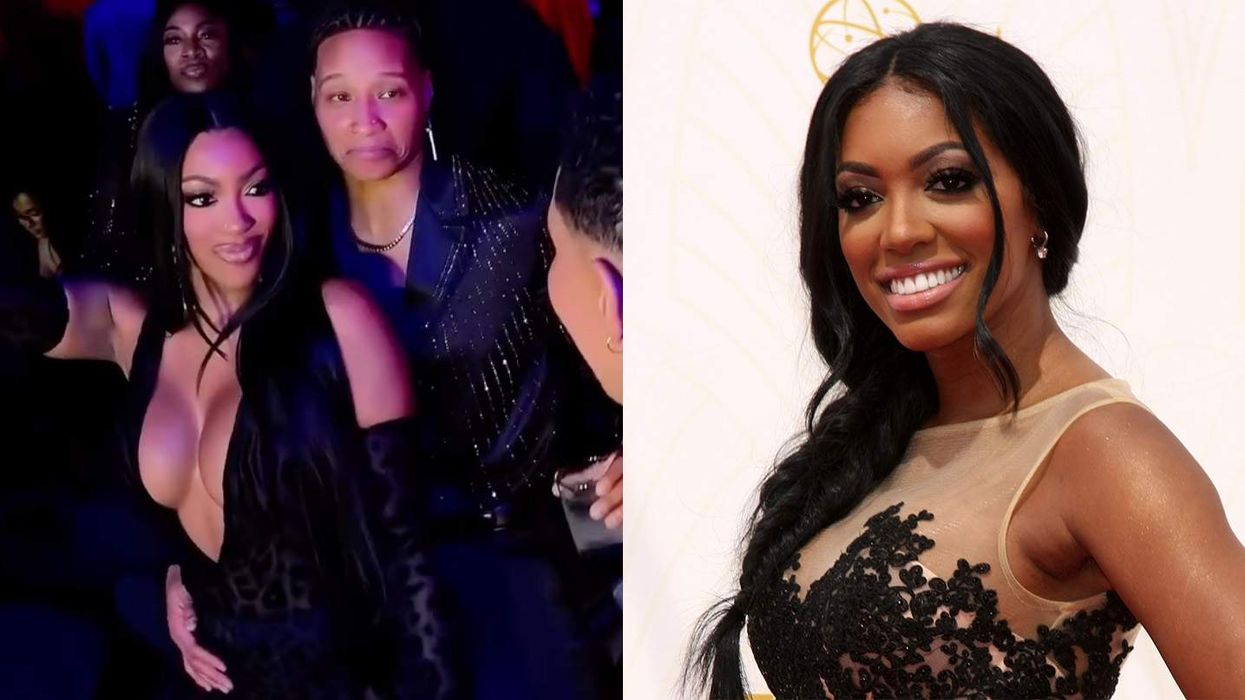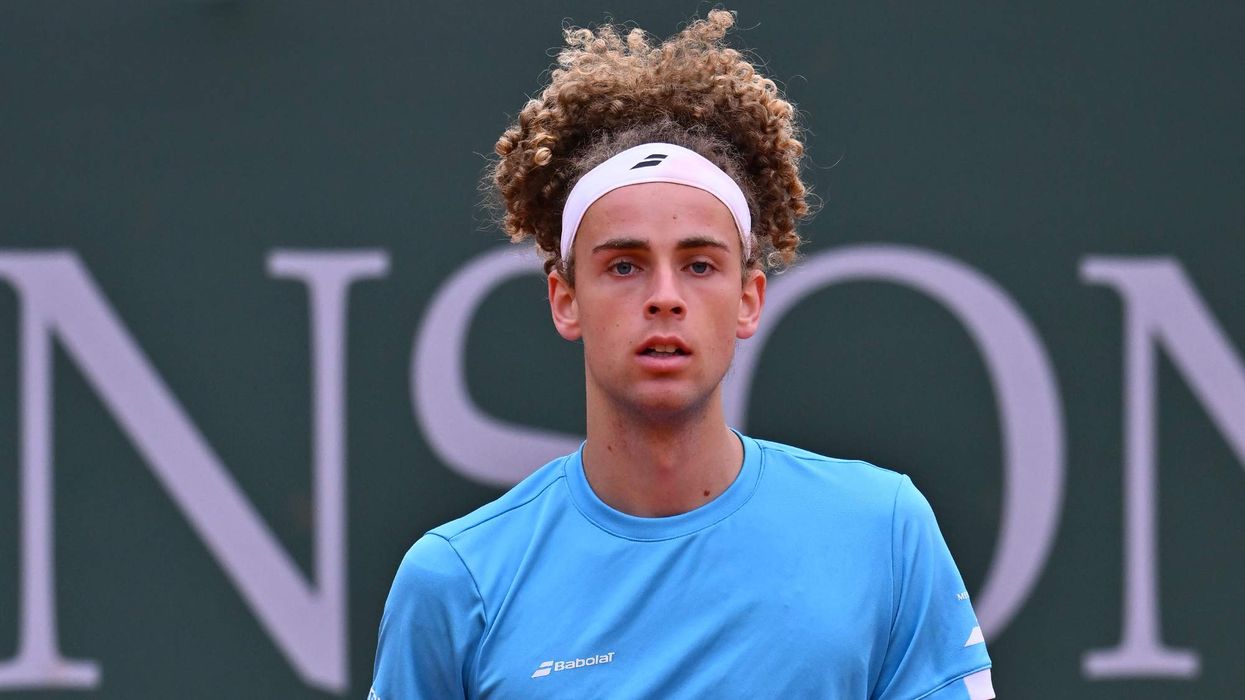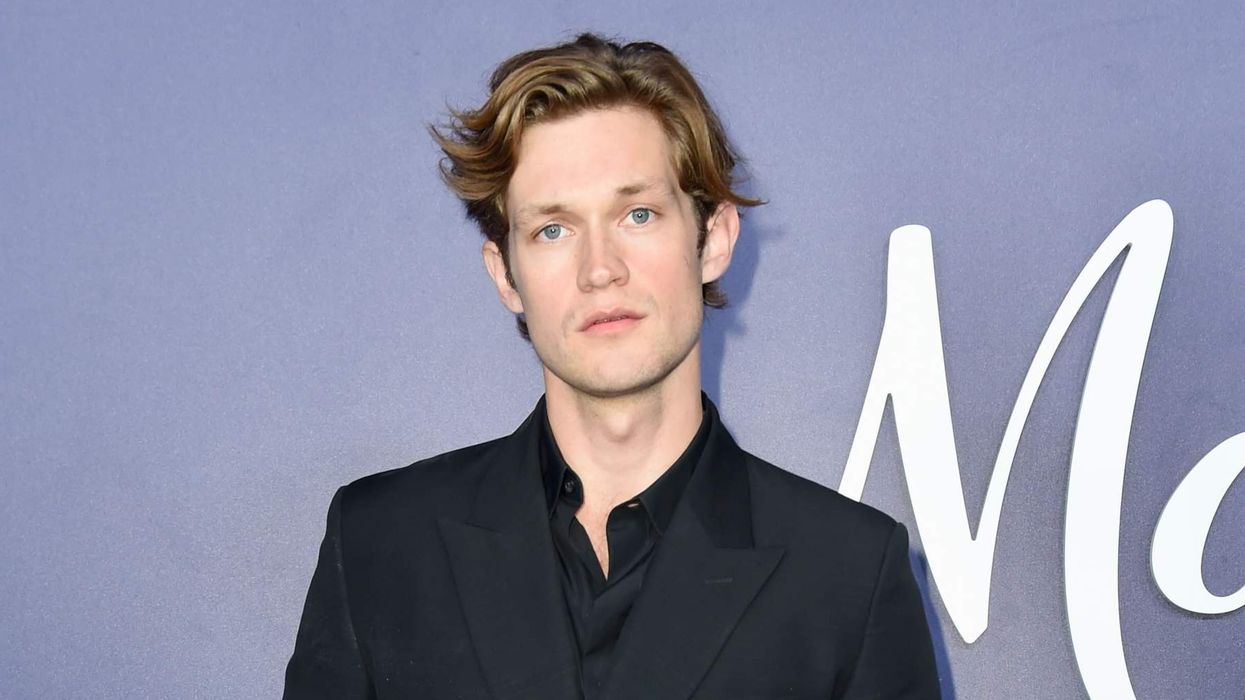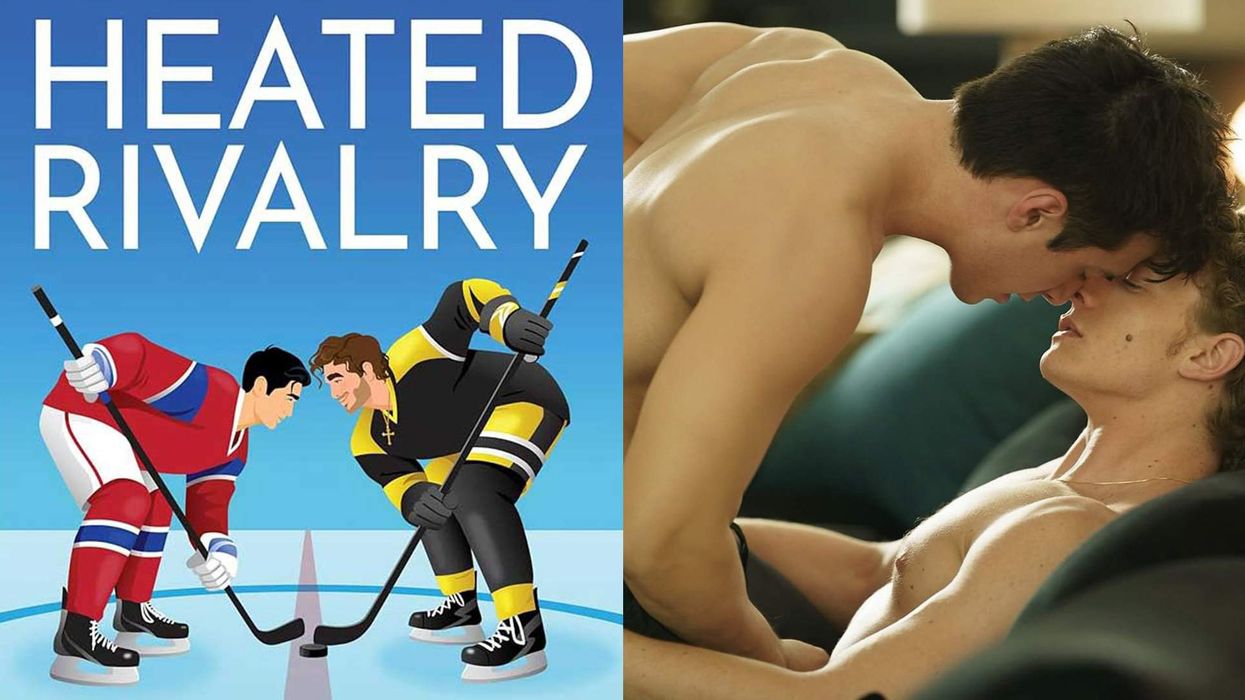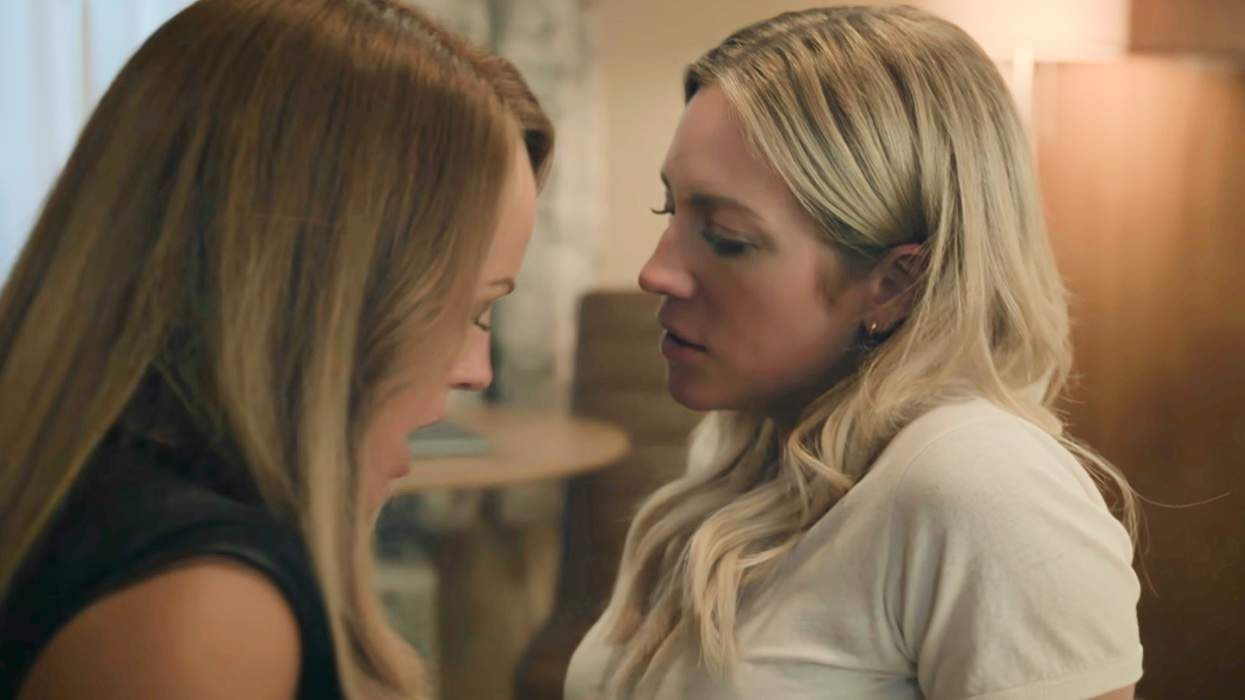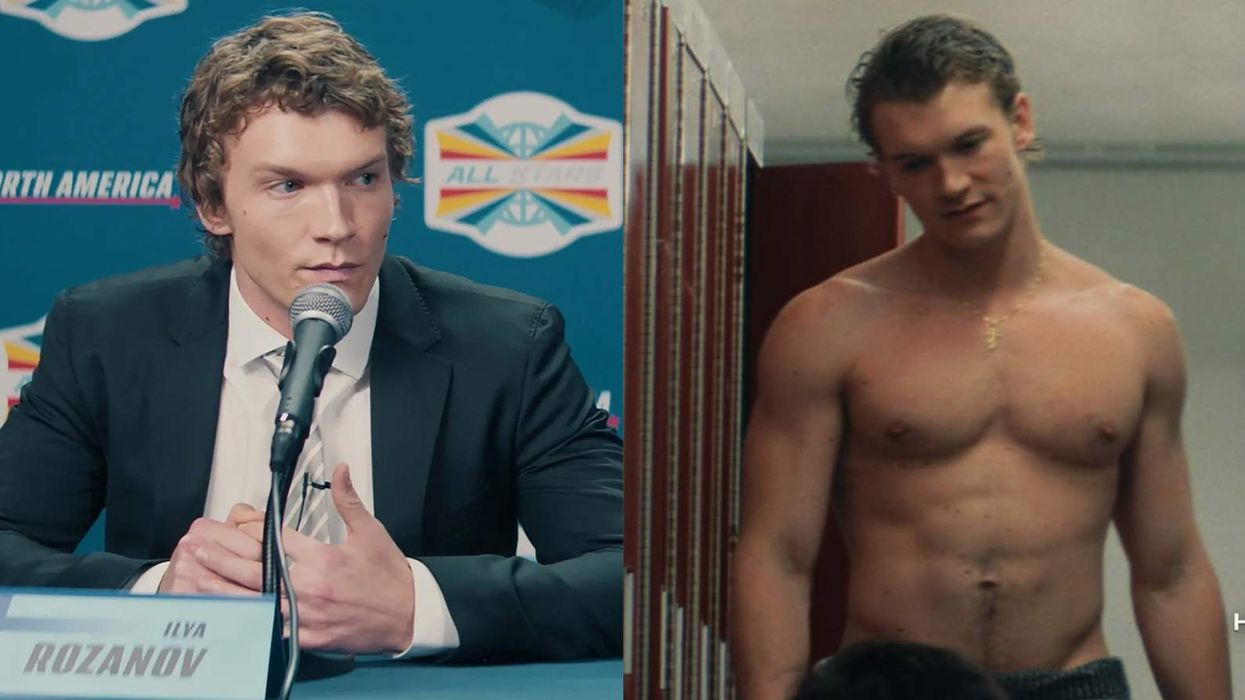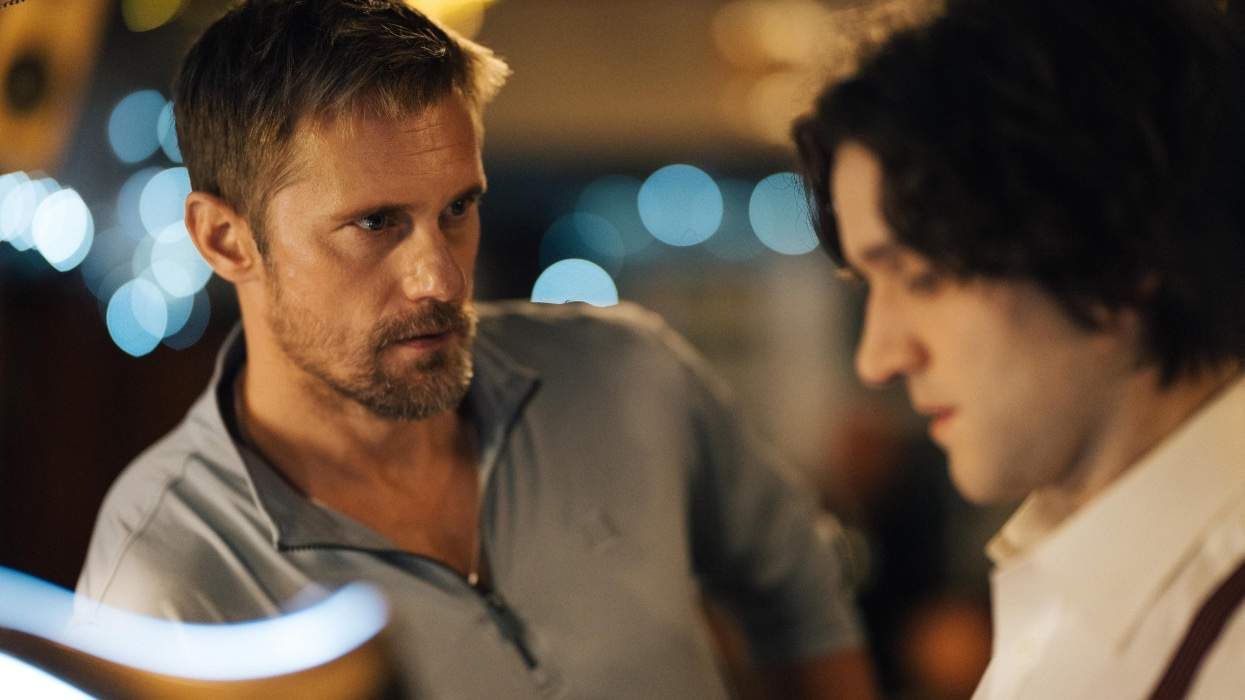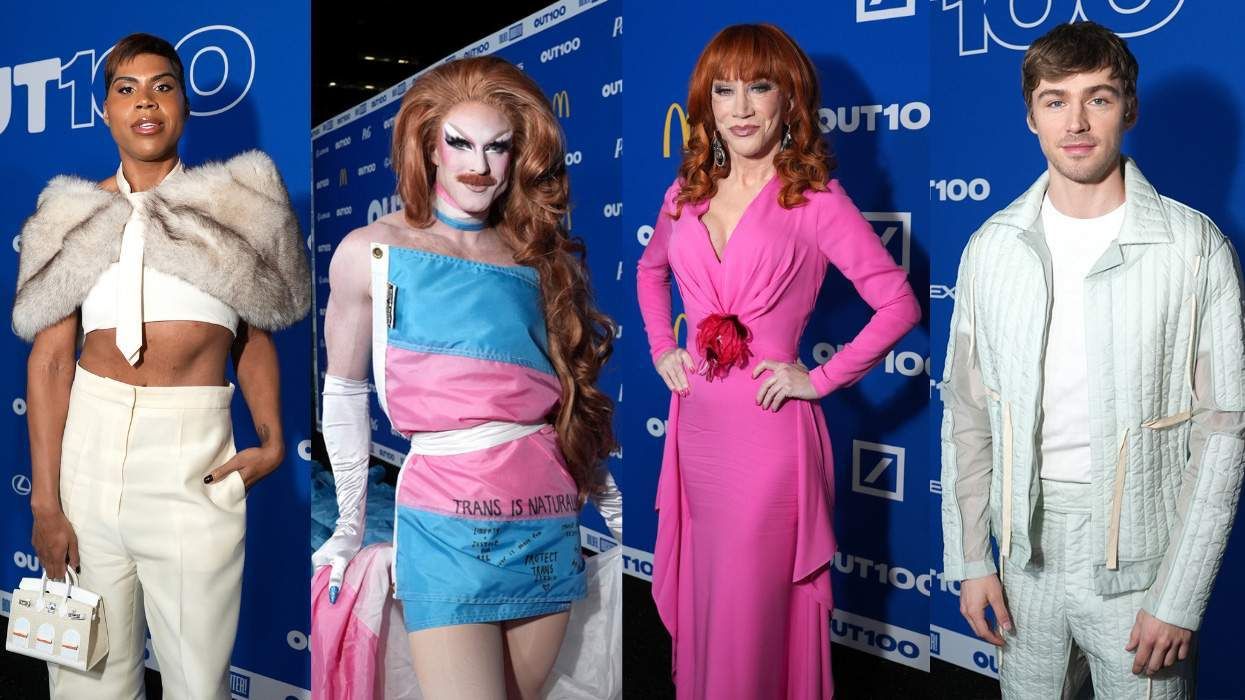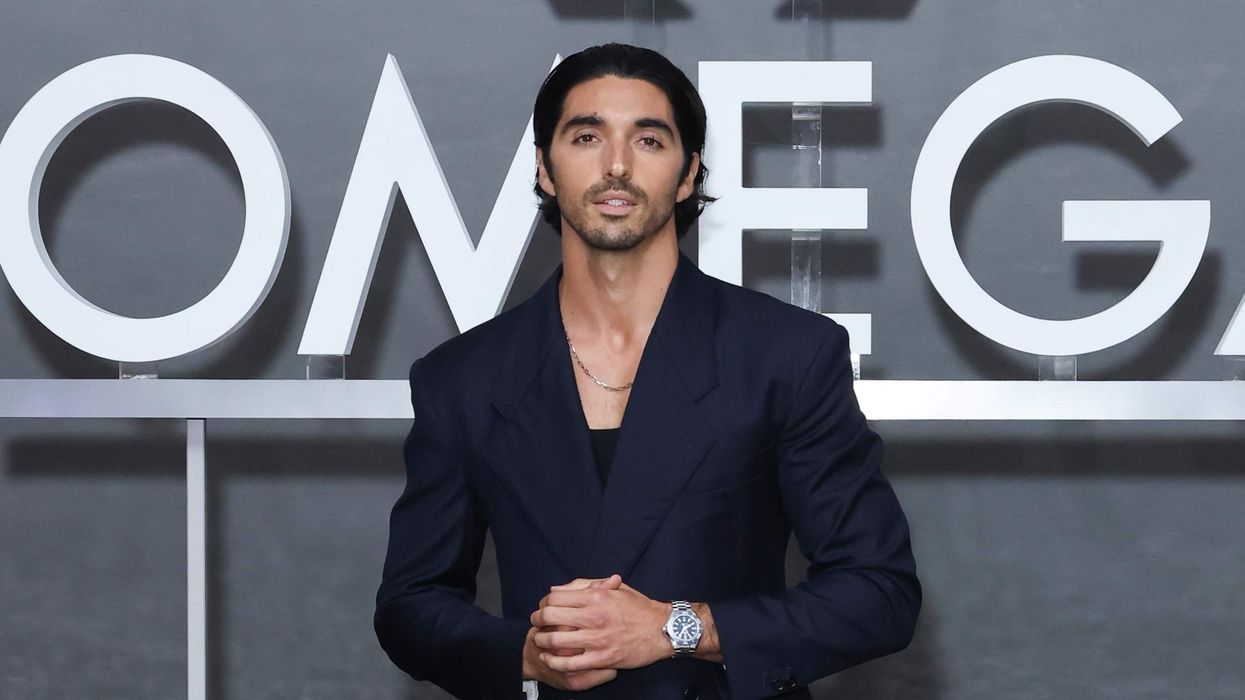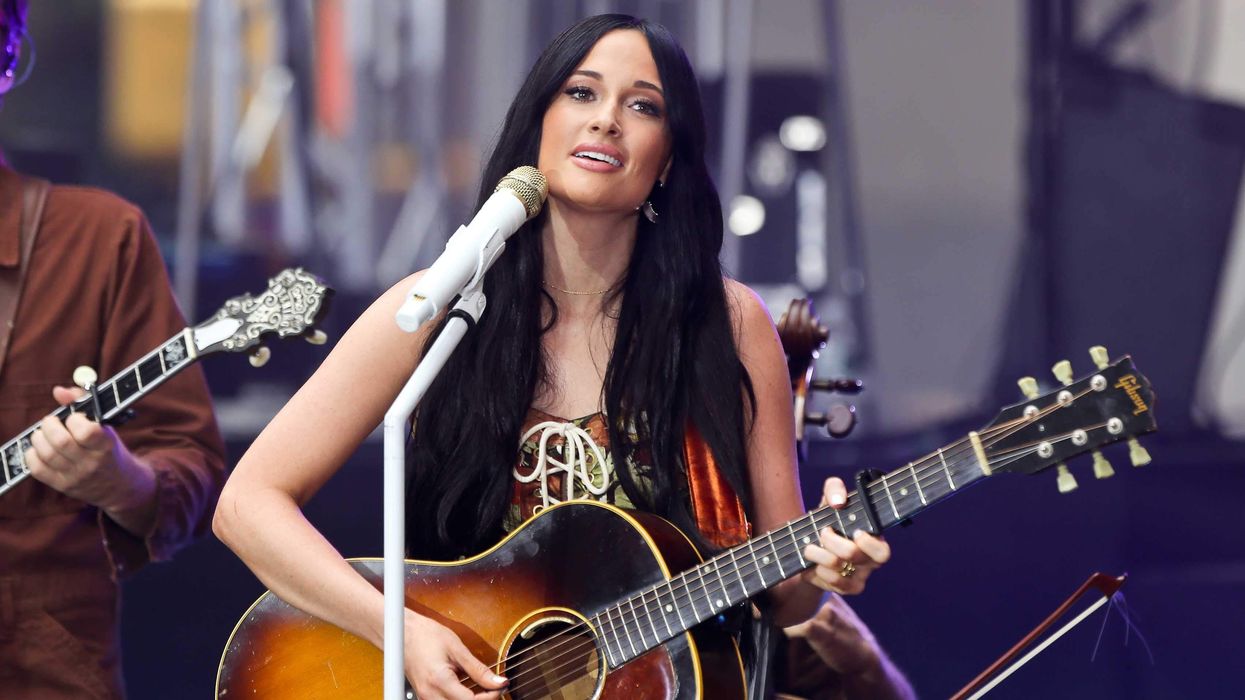B.J. Minor has the kind of warmth that radiates even across the digital divide of a Zoom call. Fresh off a star-making turn in Hulu’s Mike, a biographical series about controversial boxer Mike Tyson’s life, they smile like someone who knows that the best is just around the corner. “It’s incredible. It feels like it was such an out-of-body experience getting to watch myself, especially playing such a hyper-masculine figure, but also getting to bring so much humanity to it,” they tell PRIDE. “It was literally a role I’d never even imagined for myself.”
The series, from the creator of I, Tonya, Steven Rogers, and executive producer of Our Kind of People, Karin Gist, follows Tyson’s life from his turbulent childhood and teens to becoming the boxing world champion — and one of the most polarizing figures in sports history (which is saying a lot). Minor plays Tyson during his teen years, as he went from juvenile hall to the boxing ring. It’s a time full of growth and heartbreak, and Minor brings a vulnerability and rawness to the role that you don’t so much watch as feel in your chest. Minor is a star and the world is about to find out.
“Even after I shot it, I was like God, if you want, just let me see this, I will be so grateful,” they share, referring to how elated they are to have seen their performance. “Getting to see it and share that space with my friends and family who watched it with me. It was incredible.
It was a role it seemed Minor, who is nonbinary, was meant to play. They landed it by sending in a self-tape.
“Hulu was looking for young Mike Tyson, and I’d been told I kinda look like young Mike but I didn’t see it for myself,” they say. “I just had so many reservations also being a queer nonbinary artist. I thought it was a shot in the dark.”
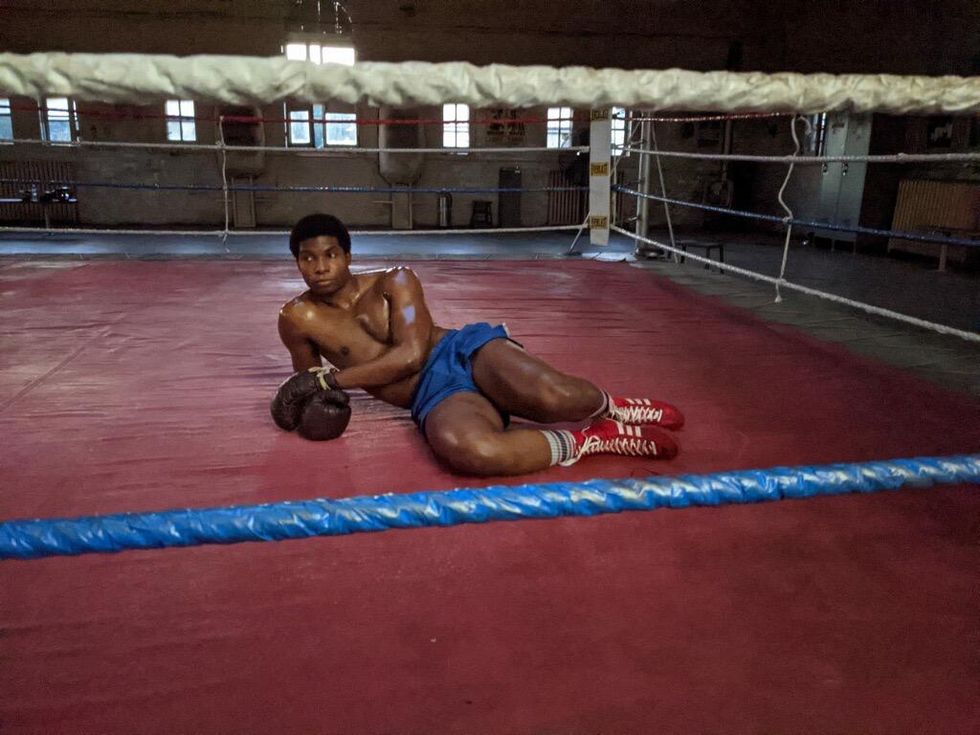
But even with the universe pointing them toward this moment, there were times when the young actor felt the weight of taking on the role of, well, a heavyweight champion. “It was very intimidating. My preparation time wasn’t what I think people would expect,” they share. “I had a total of 10 days to learn how to box. And he’s like one of the greatest boxers ever. So I had 10 days, but I had four amazing boxing coaches. And then for the voice, I had three voice and dialogue sessions with my voice coach.”
Fortunately, Minor had another very special person in their corner helping them in the quick lead-up to filming. “My dad was a boxer, which is just another wrinkle in this beautiful gift of me playing young Tyson,” they reveal, noting the coincidence. “He stopped boxing after I was born. I have six older siblings, and my dad actually trained my other siblings. And by the time I came around, he and my mom were both working two jobs to provide for the family. So I was never taught how to throw a punch.”
“I got to use my dad as a reference and talk to him. And he was my segue into some of my research because he’s such a huge fan of Mike Tyson,” they say.
Watch Pride’s full interview with B.J. Minor below.

Learning to walk, talk, and even box like Tyson is one thing, but his out-of-the-ring antics, which have been controversial to say the least, required Minor to find empathy for the character. Considering what Minor learned about Tyson’s teen years, that actually didn’t prove difficult.
“I think a lot of people were unfamiliar with that story, [such as] the challenges he had to overcome with bullying and being lower class, poverty, all the issues his mom dealt with,” they say. “I was glad to not only get to learn about that part of his life for myself in my research, and obviously through the script that Steven Rogers beautifully wrote. It also allowed me to tap into the humanity of [Tyson] and go to really vulnerable spaces.”
Potentially tricker, however, was reckoning with Tyson’s gender presentation, as he’s seen by the world as a hyper-masculine character. But playing this role had a surprising impact on Minor. “I didn’t experience gender dysphoria, even though sometimes when I do get sis hetero role opportunities, I do very much feel that,” they admit.
“But for this, I guess what took over me most was that this was something that was going to create visibility for my community. And in a sense, that created gender euphoria, knowing that it was bigger than me. This could possibly open doors, not just for me, but for other queer, nonbinary, and trans artists. So that kind of overtook any kind of dysphoria.”
Coming out as nonbinary was a relief and a joy for Minor. “It was one of the most beautiful experiences,” they say with palpable joy. “I just never felt comfortable with he/him pronouns. That’s kind of where I started discovering my gender. I just never felt comfortable with that and never felt comfortable being labeled as just a gay man.”
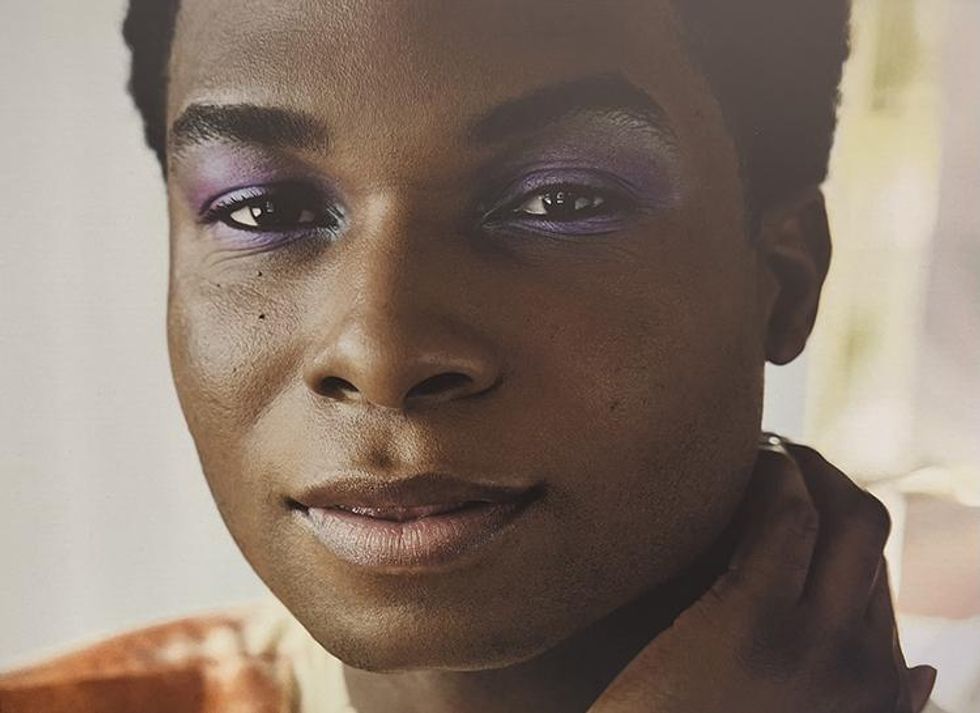
“[It felt] like ‘I finally make sense to myself.’ I could finally start loving myself the way I needed to,” they say. “I just started becoming more comfortable with how I present myself, started buying dresses and skirts, which has been so much fun. [Doing] my nails, beating the face, how I present myself, and it’s been such a blessing and so cool.”
For Minor, saying goodbye to the binary was like lifting a weight from their lives. “If I had to pinpoint what nonbinary means to me...it’s absolute freedom,” they share. “I’m not bound to the social construct of gender. And I’m not stuck between what’s a man or what’s a woman, I’m beautifully floating in between and I can tap into whatever I need to because I’ve allowed myself to access all of me.” They also had plenty of support from their friends and family when they shared their truth. “I have lived such a blessed life and I just really wish more queer people could experience it,” they say. “I have been just so uplifted and protected and loved for just being me.”
Minor shares the same optimism for Hollywood in general. “Some of my favorite artists to watch are trans, queer, nonbinary. Michaela Jaé Rodriguez, RuPaul, Billy Porter,” they share. “The community is big. And they’re making such a statement in the industry. And it’s so cool to get to add a wrinkle to that story. I definitely think the opportunities are coming.”
And after their performance in Mike, Minor should have no trouble finding opportunities either.
Mike is streaming now on Hulu. Watch the trailer below.
RELATED | Samira Wiley Reflects on Being Outed by Costar, Pursuing Gay Roles
